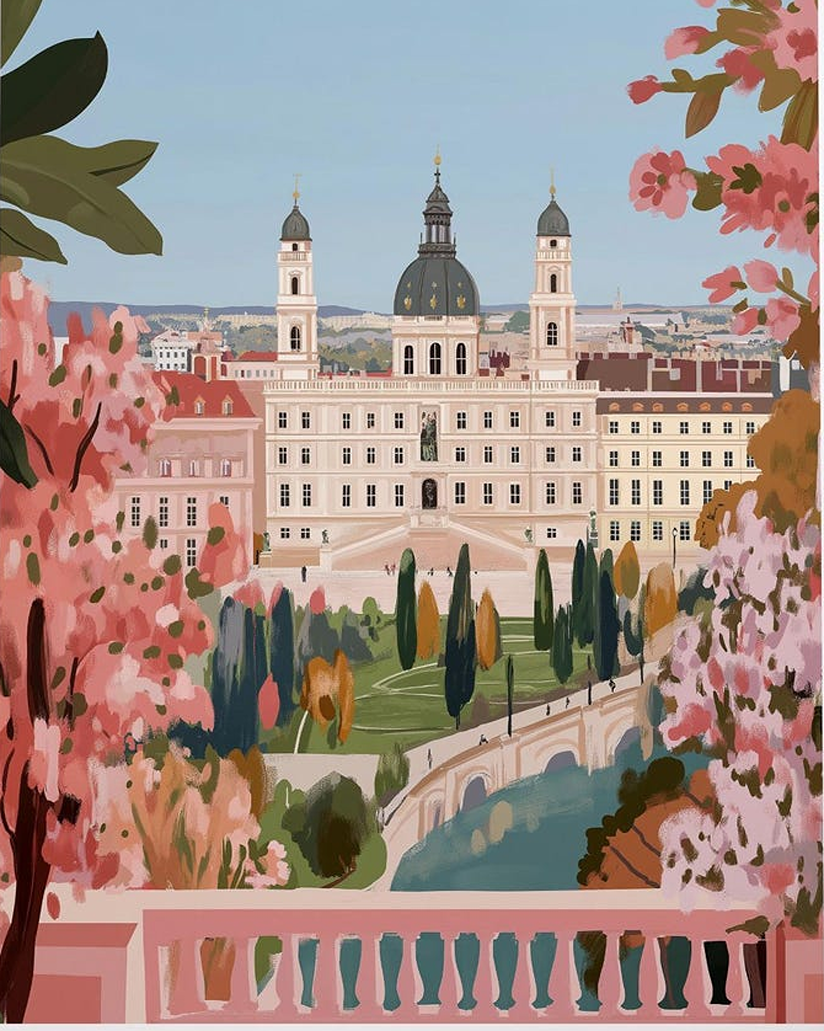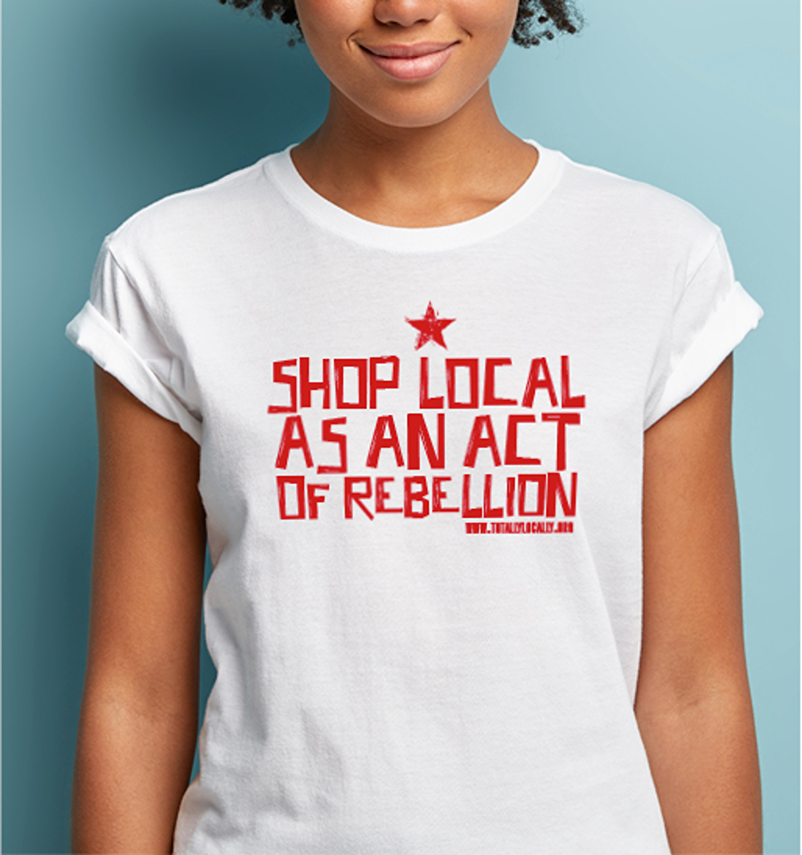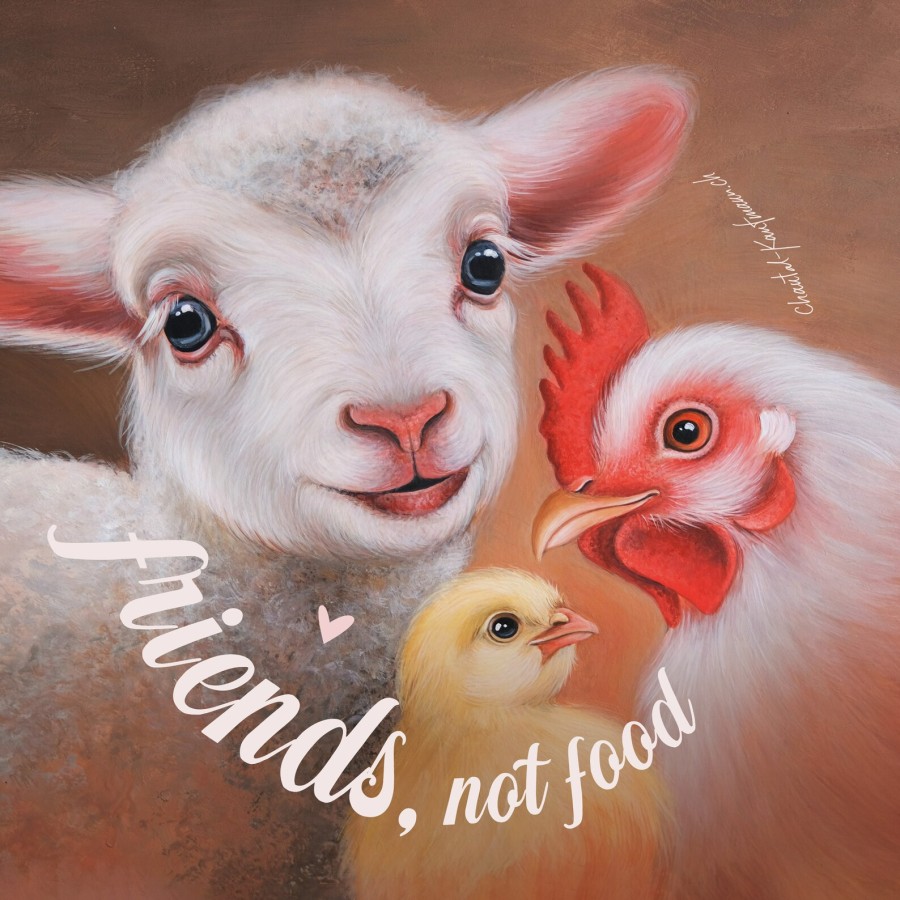The Dangers of Linking Politics with Religion

England was originally a Roman Catholic country, then when Henry VIII replaced the Pope with himself as the head of the church, the Reformation happened. It was a long and complicated battle, but ended up with the formation of the Church of England, of which King Charles III is now head, since the Queen has died.
Roman Catholics still answer to Pope Leo, and Quakers broke away from the Church of England, to have their own peaceful faith. Then you have Orthodox followers (who predate the Catholic religion – pretty similar, but they don’t answer to the Pope). Then of course we have many other smaller religions from different regions around the world.
So although some still believe that England is a ‘Christian nation’, you can see that even within that faith, there are many differences. Quakers are kind of Christian, but they refuse to go to war, and don’t even like to pay taxes to fund war. And Catholics don’t agree with abortion, but many Christians of other denominations do.
Hindus, Sikhs, Buddhists and Jains tend not to eat meat, and Muslims and Jews (though their faiths allow them to be vegan or vegetarian) often do, and this causes controversy among others due to slaughtering animals without stunning.
Then we have people who say they are Christian, but are not following the teachings of Christ at all. Politicians who take away help for the most vulnerable in society, or those who sell arms and bomb countries.
You can see the problem. When you link politics and religion, then often it means people who are not religious pretend they are (look at how atheist Sir Keir Starmer recently pretended to be Christian when talking to Trump). Then you have people like Trump who think they are sent by God to help us, but most of us are thinking more ‘God help us!’
Religion affects everything from gay marriage to education. Yet Estonia (above image – a beautiful country near Finland and Sweden) has over 70% of people who identify as non-religious. One of the most forested areas on earth, most people believe ‘nature’ is their God. It’s also one of the most peaceful countries. What’s almost hilarious is that religious people visit to try to ‘convert the masses’. But often from countries at war – due to religion!
Sandra Vungi is Estonia’s version of Delia Smith. The difference is that she’s a young vegan chef who has written many best-selling cookbooks. She and her boyfriend live in a hut in the forest that they built themselves. And in her spare time, she plays in a heavy metal band!
This is Not a Case Against Faith
Overall, faith is usually a good thing. It gives meaning to many people’s lives, and helps them get through the hard times. In his book Healthy at 100, John Robbins (who studied the four longest-lived cultures on earth) discovered that one thing they all had in common was faith. None of the four communities had any idea what an atheist was!
Although still not a believer, the world’s most famous atheist Richard Dawkins, has recently says he identifies as a ‘cultural Christian’, that is he likes singing hymns and listening to Christmas carols, as it makes him feel warm and cosy. Even that shows that there are good bits to religion for those against it in other forms.
But we must be careful not to force our political or religious beliefs on others, because this is what causes conflict. And that’s what you don’t want to do, if you are in political power, as it causes wars.
Almost any sect, cult or religion will legislate its creed into law, if it acquires the political power to do so. Robert A Heinlein
Austria Lets People Choose Beliefs

At the age of 14, Austrian children are given the right to choose their faith or religion. So if they decide not to believe what they have been taught, they are free to refuse classes. The same law applies in Germany.
A Book on Separating Church and State
Separation of Church and Hate is an American book by the (comedian) son of a former Catholic nun and Franciscan brother, a Biblically correct takedown of far-right Christian hatred. For over 200 years, the US constitution has given people the right to a society where church and state exist independently. But now this is being hijacked by far-right groups and politicians, who seek to justify oppressive and unequal politics, in the name of God.
As you know, nice Christians don’t get the airtime. You don’t see the Christians on cable news, talking about how war is bad. You see the other kind – because villains make for better TV. John Fugelsand






